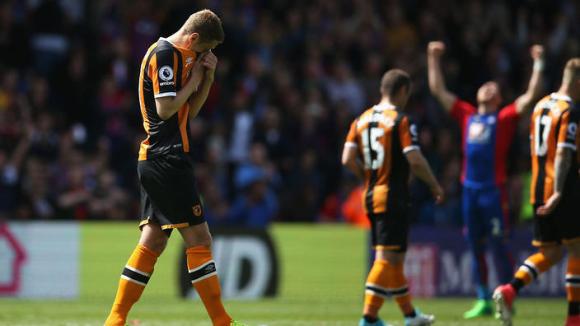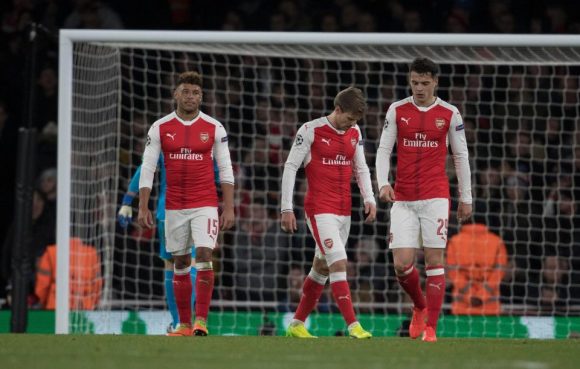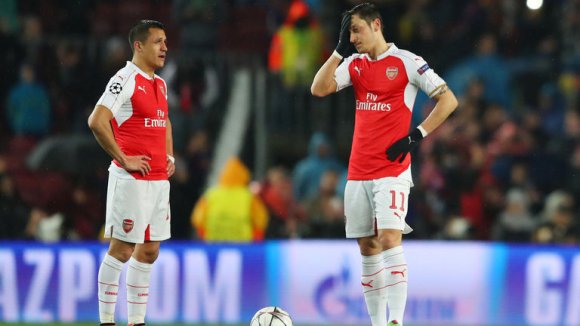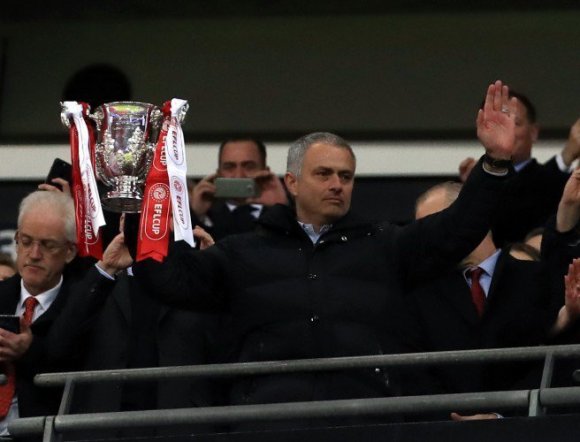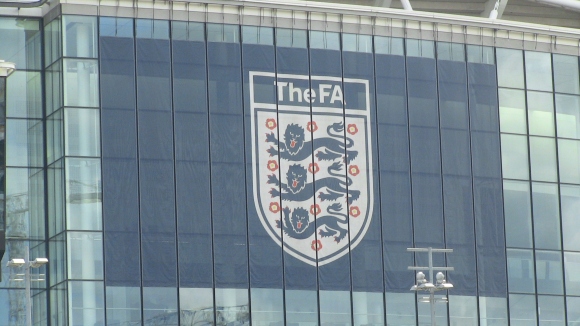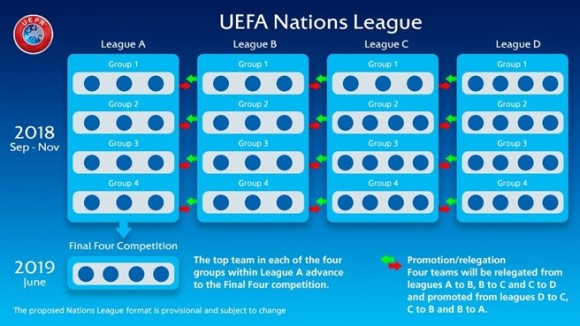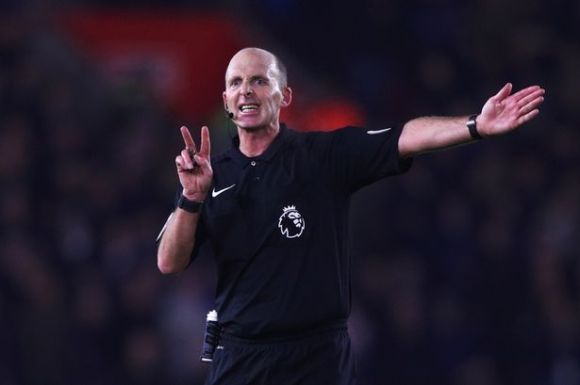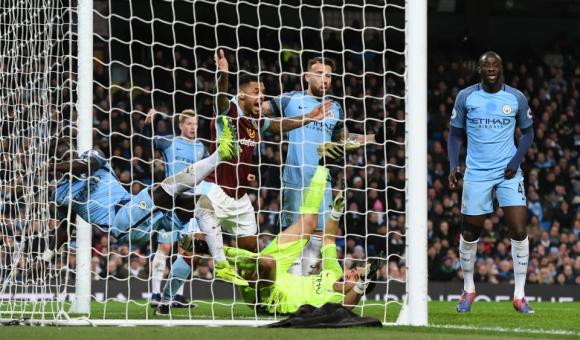
Be wary of anyone who said they enjoyed watching Manchester United throughout the entirety of the 2016/17 season. They might be a little crazy.
While there was glimpses of quality and some strong performances dotted in there, this campaign has been a tough slog for the Red Devils. Jose Mourinho is slowly but surely stamping his mark, both on the squad and the tactics, but that hasn’t come as quickly as many expected under the Portuguese manager.
In terms of results, it has been a mixed bag of a season. The results in the EFL Cup and the Europa League were good, earning two trophies and an automatic Champions League spot cannot be understated in how valuable they are to the club not just this season but the upcoming one too.
Cup competitions in general were a success, with an FA Cup quarter final exit to Chelsea disappointing but by no means embarrassing. It showed that when it’s needed in a high pressure, one-off game, the team can pull off the result they need.
They proved that against the champions in the Premier League too, but that was an all-too-brief bright spot in a frustrating campaign. Too many draws, especially at home, combined with a plethora of missed chances against smaller teams and being outclassed by those above them meant they never really looked like title contenders.
In fact, they only really looked like top four contenders because of the misgivings of other sides fighting for those places. A great run over Christmas was matched by everyone else, meaning their long, strange unbeaten run saw them keep pace rather than hit their stride with any real aplomb.
From a tactic’s perspective, it seemed like Mourinho could never quite settle on a preferred setup with a consistent line-up. The squad looks set up to play 4-2-3-1 but with midfield issues it switched to a 4-3-3 before moving back in the final few months of the season.
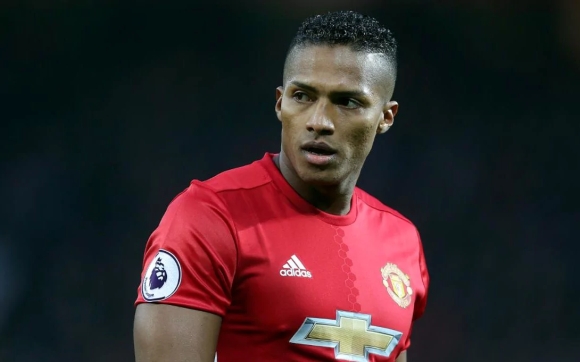
That meant no-one really settled into their roles yet neither particularly showed that it should have been the formation to follow.
The 4-3-3 meant one of the attacking midfielders missed out but it added more balance to the midfield. It offered Paul Pogba a little more freedom, it helped strengthen the middle of the park but it also hindered United at the attacking end, leaving the striker often too isolated with predominantly inside forwards at the club’s disposal.
The 4-2-3-1 got more forward-thinking players into the side but created an imbalance behind them. Finding someone who worked best with Pogba in that role proved troublesome, even if at the end of the season Ander Herrera showed why it really should have been him all along.
However, the win against Chelsea towards the end of the season did show off Mourinho’s tactical prowess when needed. An almost misshapen 4-4-2 with Jesse Lingard joining Marcus Rashford in a speedy front two caused the Blues back three all kinds of problems.
The man-marking from Herrera on Eden Hazard worked perfectly too and displayed what this team could produce under the right conditions. That flexibility will be great in big games next season but a more consistent system with a regular starting eleven needs to be established.
A few unheralded players can hold their head up high, with that list beginning with Antonio Valencia. A revelation at right-back and a reinvention no-one could have seen coming, the Ecuadorian has been nothing short of excellent and has thoroughly deserved his contract extension.
Herrera has also been his non-stop self, even if he has overstepped the mark on occasion. He holds himself extremely well, never puts in less than his maximum and has worked extremely hard to be a permanent fixture in the big games in the heart of the midfield.
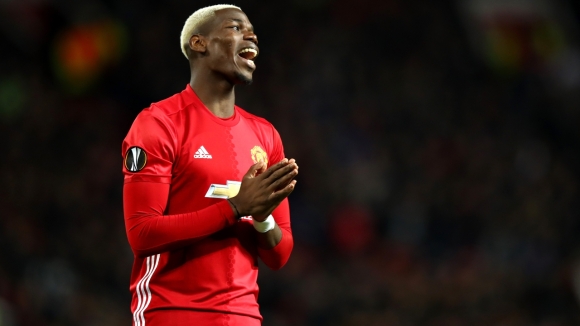
At the same time, there’s a few that should be a little ashamed of a pretty dire season. Phil Jones has been poor along with injury prone which sees him practically out of the door, Luke Shaw needs to bounce back stronger in the pre-season and Anthony Martial needs to rediscover his consistency if he is to continue his progression as a footballer.
The signings from the summer window were all good additions, even if not all of them hit the ground running. Zlatan Ibrahimovic was exactly what you’d expect from the big Swede, Eric Bailly has the potential to be a mainstay for years to come, Pogba can be so good when he’s fully involved which needs to happen more often next season and Henrikh Mkhitaryan just has to find more consistency after a slow start, an exciting middle and a dithering end.
The positive to take from this campaign is there has been a foundation built. That’s not to say there isn’t more to be added, they need a little more at centre-back, left-back, midfield and up top but with the right players in again, they could be pushing much higher in the table and in all cup competitions as well.
What needs to be done is an establishment of an attacking identity. There’s a solid base from Mourinho’s background but he needs to create a more dynamic, unpredictable offence that not only creates better opportunities but finishes them off as well.
In the end, United’s season felt like they were learning a musical instrument. Sometimes it would sound wonderful, on occasions it made your ears bleed but on the most part, you could just about understand what they were trying to play.
The challenge now for Mourinho is to turn them into rock stars. If he can get them singing off of his hymn sheet instead of just humming the tune, this team could grow in both quality and potency quickly.
